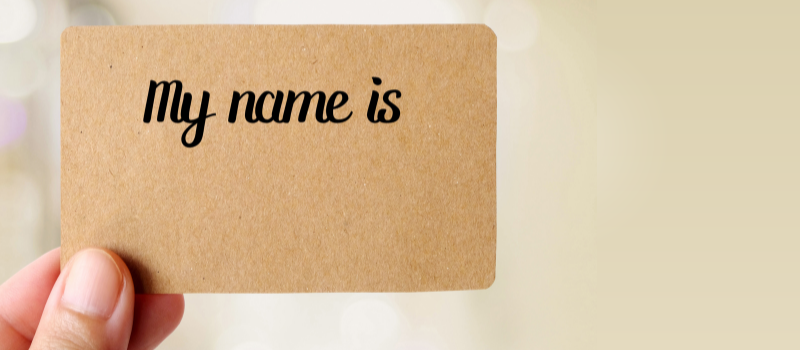Musician Katy Perry recently lost a trademark infringement case in the Federal Court against Katie Taylor, a fashion designer who sells clothing under the brand Katie Perry. Ms Taylor argued that Katy Perry and several of her companies had infringed her trademark ‘Katie Perry’ across a variety of platforms over several years, including during music tours, through associated merchandise, at online and physical retailers, and other websites selling merchandise and goods.
Katy Perry and one of her companies, Kitty Purry, were found to have infringed Ms Taylor’s ‘Katie Perry’ trademark on multiple occasions across different platforms between 2013 and 2015. Katy Perry filed a cross-claim alleging trademark infringement by Ms Taylor which was dismissed.
Trademarks in Australia
Australia has national trademark legislation, which allows for legal protections for a unique brand, name of a product, or service. The Commonwealth Trade Marks Act 1995 defines a trademark as a sign used to distinguish goods or services for trading purposes.
Trademarks can protect logos, phrases, words, letters, colours, sounds, smells, pictures, movements, shapes, aspects of packaging or a combination of these. Certain words, phrases or images can’t be trademarked, or can only be registered under specific circumstances. This includes common words, phrases and images, geographical names, common surnames, hashtags, prohibited signs and restricted financial terms.
Trademarks need to be registered for protections to apply. There are two symbols commonly associated with trademarks – the TM symbol and the ® symbol. The TM symbol stands for trademark, and symbolises that trademark rights are being claimed, but doesn’t necessarily mean the rights exist, are registered or are enforceable. The ® symbol stands for registered trademark and can only be used on registered trademarks.
Registration of a trademark is granted initially for 10 years and can be renewed at 10-year intervals indefinitely (subject to continued and relevant use). Trademarks are registered in different classes for goods and services, depending on how they are used. There are 45 classes to choose from when submitting an application. Classes 1 to 34 relate to goods, and classes 35 to 45 relate to services.
Some benefits and protections of registering a trademark include:
- Protection of a business asset;
- Legal right to use the ® symbol to demonstrate registration;
- Exclusive rights of use in Australia;
- Legal deterrent to others from using or infringing your trademark; and
- Ability to sell or license your trademark.
International protections
Registered trademark owners in Australia can also apply to register their trademark internationally for specific countries or through the Madrid System which allows for protection in up to 130 countries. To be eligible to apply under the Madrid System an applicant must be either:
- A national of a member country;
- A resident of a member country; or
- Have an industrial or commercial establishment in a member country.
Australia is a signatory to the Madrid Protocol, which establishes the Madrid System through the World Intellectual Property Organisation (WIPO). This means that Australian nationals and residents are eligible to apply to register their Australian trademark internationally as long as they meet certain requirements.
Trademark infringement
Trademark infringement occurs when someone uses a sign or other trademark that is substantially identical or deceptively similar to a registered trademark in the same classes of goods or services. This may be:
- goods of the same description;
- services closely related to registered goods;
- services of the same description; or
- goods closely related to registered services.
For something to be deceptively similar, it needs to so nearly resemble a registered trademark that it is likely to deceive or cause confusion.
Trademark infringement will not occur when a registered trademark is used:
- in good faith for specific purposes;
- for comparative advertising;
- when licensed for use to a specific person;
- when a condition or limitation attached to the registered trademark allows them to do so; or
- when a court determines that the specific person would obtain registration of the ‘infringing’ trademark under their own name if they were to apply for it.
Lessons
The claim for trademark infringement against Katy Perry highlights the importance of trademark protections for all business owners, even if it seems like a David and Goliath battle in terms of resources and reputation. Trademark protections for a product, service or brand are essential for any successful business, and planning ahead can ensure adequate protections are in place if any infringement occurs.
Trademark protections for goods, services and brands also increase the value of a business for shareholders or when it comes time to sell. Buyers are more likely to offer better purchase terms if key goods and services are protected by trademark registration and the registered trademarks are capable of being purchased with the business.
If you have a trademark you would like to protect or think your trademark has been infringed, please reach out to our Intellectual Property and Start-up team for advice tailored to your situation.
For further information please contact Ben Gouldson, Director.


 Is your business the squeaky wheel?
Is your business the squeaky wheel?